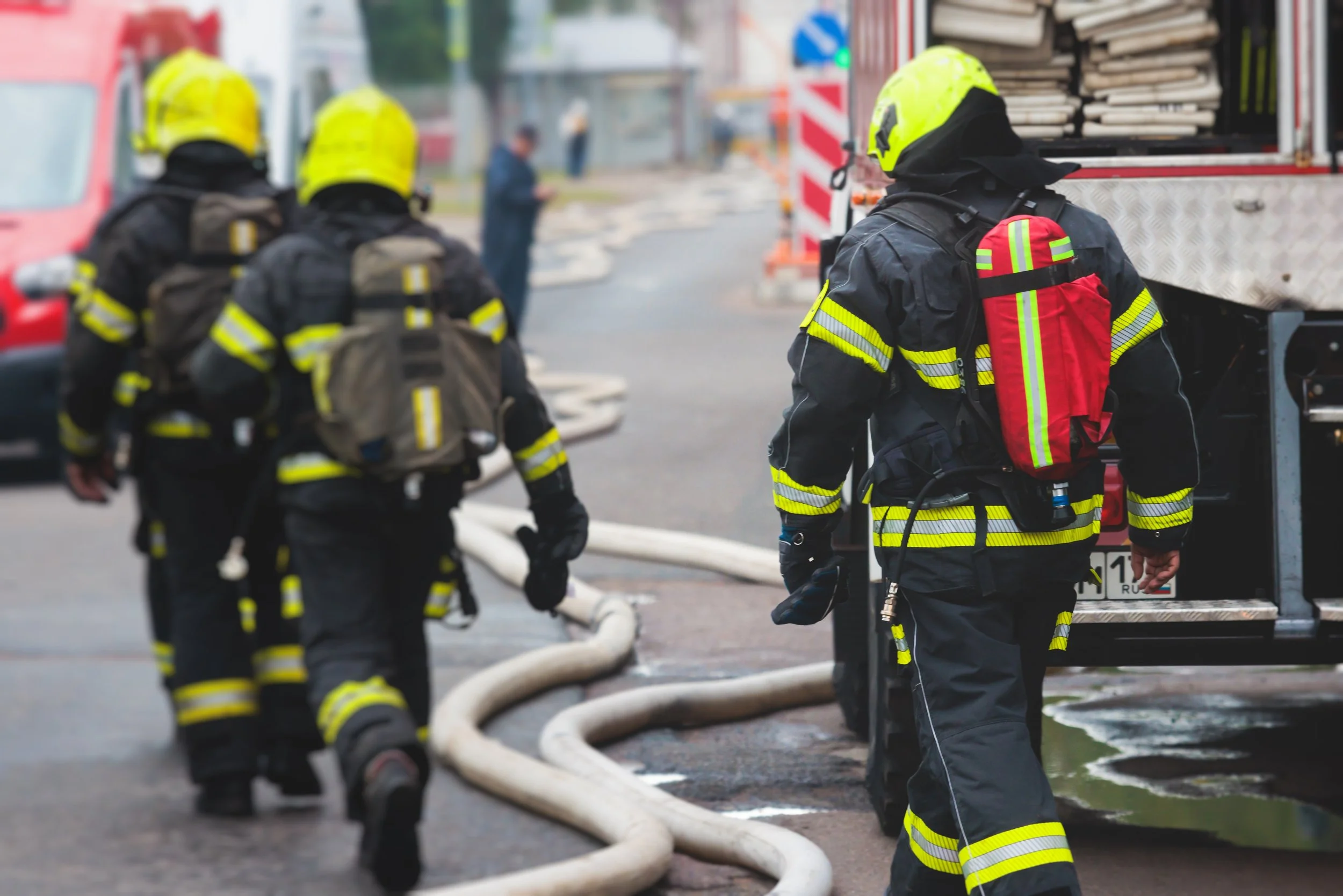Assaulting emergency workers results in harsher punishments
Did you know that offences against emergency workers carry more severe punishments than offences against regular civilians?
That’s because the Government wants to make sure that emergency workers feel safe and protected in their roles. They are delivering services on behalf of the state for the benefit of the public good. The idea is that people should be deterred from treating our emergency workers with disrespect.
There’s now a law that aims to protect emergency workers and it’s called the Assaults on Emergency Workers (Offences) Act 2018. Under this Act, any assault is considered to be an ‘aggravated’ assault, which means it carries a harsher punishment.
Who are emergency workers?
Emergency workers include:
· The Police,
· Firefighters,
· NHS staff such as doctors, paramedics, and nurses
· Prison officers
So if you assault any of these people, it’s a more serious offence than if you assaulted another civilian.
What is assault?
So what exactly do we mean by ‘assault?’
There’s a formal legal definition in section 39 of the Criminal Justice Act 1988:
“Common assault is an act by which a person intentionally or recklessly causes another to suffer or apprehend immediate unlawful violence. Battery is committed by the intentional or reckless application of unlawful force to another person.”
That’s quite complicated wording. But if we break it down, an assault can be committed without even touching another person. It’s enough that the other person thinks that you are about to be violent towards them.
If you actually use force, that’s technically ‘battery’. This could be an act like pushing, punching, kicking, biting, and spitting.
Essentially, any aggressive conduct towards an emergency worker could be an offence.
If the emergency worker suffered an injury, you could be charged with actual bodily harm or grievous bodily harm.
Some real-world examples
The Crown Prosecution Service occasionally publishes news of successful cases that it has prosecuted. Here are some examples from their website of prosecuting people who have assaulted emergency workers.
An ambulance crew was called to attend a road traffic accident. The driver was drunk and erratic at the scene and the ambulance crew had to restrain him to stop him walking into traffic. The driver pushed and slapped a crew member.. The driver was sentenced to six weeks’ custody.
A man was detained by police. Suddenly he reacted with hostility and had to be restrained. He tried to bite one of the officers. At the police station he launched a barrage of abuse on another police officer. He received an eight-week prison sentence.
The Police attended an address in response to a report that a woman was intoxicated and assaulting her family members. They found the defendant drunk in charge of her 5 year-old son and they arrested her. She kicked at one officer and threatened another. She received a 12-month community order.
As you can see, people can receive a range of punishments for this crime. Let’s have a look at the sentences that a judge might give to a defendant.
Punishments
The minimum sentence is a low-level community order. You could also be issued with a standalone fine, or a fine alongside another punishment. The maximum sentence is two years in prison.
However, if you harmed the emergency worker in some way, you might be on the hook for actual bodily harm or grievous bodily harm, depending how serious the attack was. In those cases, the sentences could be much more severe, with more time in jail.
Reducing the punishment
If you have a criminal defence solicitor, we can advise you on any mitigating factors which can reduce the punishment. For example, if you have no previous convictions, or you show remorse, you may receive a more lenient punishment.
Equally, you may have a legitimate defence that can make you innocent of the crime, or bring a reduction to your sentence. Perhaps you were acting in self-defence and the victim was using excessive force.
In some cases, there is no viable defence. In those situations, we advise defendants to submit an early guilty plea. This will be taken into account at the sentencing stage and you will be given some credit for pleading guilty at an early stage.
Do you need a solicitor?
You may be surprised to hear that things like pushing, or spitting can be crimes that can land you in prison.
If you’ve shown any aggression to an emergency worker, it’s a good idea to get a criminal defence solicitor as soon as possible.
We can represent you at police interviews and help you to defend yourself. With our advice, you understand what the allegations are against you and we can help to reduce your punishment as far as possible.
[KH1]https://www.cps.gov.uk/london-south/news/prosecuting-those-who-assault-emergency-workers
Contact Harewood Law today, we work on both privately funded and serious Legal Aid cases across Leeds, Bradford, Halifax, Wakefield, Huddersfield, Keighley and across West Yorkshire and the UK.
0333 3448377 | info@harewoodlaw.com



